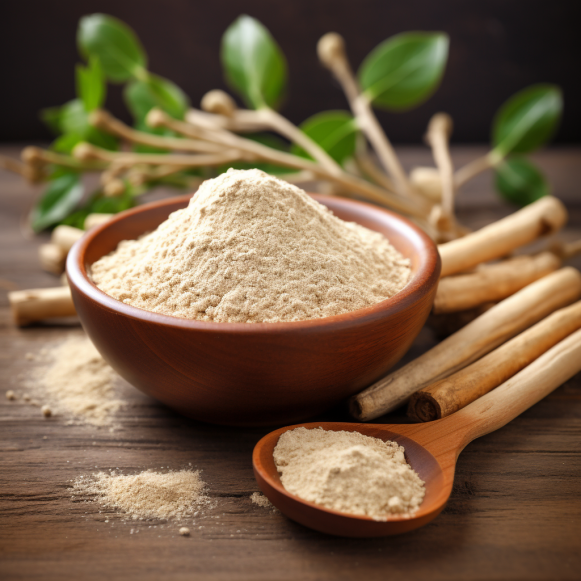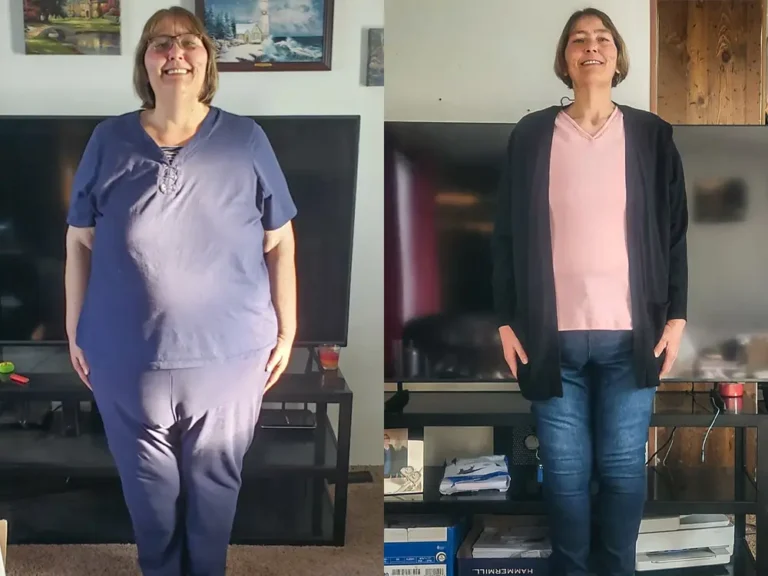Mayo Clinic Q&A: Can ashwagandha supplements help with stress and anxiety relief?

Ashwagandha is unlikely to be the solution, but it may still be a helpful option.
TO THE MAYO CLINIC: I suffer from stress and am easily overwhelmed. I am 52 years old and work full-time as a wife and mother to a teenage daughter. I recently started caring for an elderly relative. I frequently snap at the slightest remark, and sleep is elusive due to the many thoughts racing through my mind. I’m not a big fan of medications, but I recently saw an advertisement for Ashwagandha on social media. Can you tell me what it is and whether it will help me?
ANSWER: Balancing family and work responsibilities can be difficult, but when you add in additional responsibilities, such as caring for others, your stress load can feel even heavier. As a caregiver, you must intentionally identify ways to care for yourself, cope with, and manage stress. Although ashwagandha is unlikely to be the solution, it may be a useful option.
First and foremost, ashwagandha is a small shrub native to India and the Middle East that has been used historically for centuries. It is commonly used to relieve stress, slow aging, improve athletic performance, and increase energy.
The root of the ashwagandha plant is harvested and used for medicinal purposes. Withanolides, which are naturally occurring chemicals with anti-inflammatory properties, are its active components.
Despite your dislike of medication, I recommend that you consult with your healthcare team before beginning any supplement to ensure there are no interactions with other medications or conditions. In general, ashwagandha is safe for most people, though some experience headaches and nausea.
Given your chronic stress, there is some evidence to suggest that ashwagandha may be beneficial. In fact, this is where the plant has received the most attention. People who suffer from chronic stress have reported a reduction in their stress levels after taking ashwagandha. Cortisol levels, a biological marker of stress, have also been shown to improve in studies.
Another potential advantage of ashwagandha is improved sleep. Ashwagandha does not appear to make people sleepy directly, but it does help people with anxiety sleep better. As a result, this supplement may be a good option for someone like yourself who has trouble quieting her active mind before bedtime.
How to take ashwagandha – and how much?
Ashwagandha is available in a variety of forms, including pills, powder, capsules, and elixirs. The root’s concentrated liquid preparations were used in the majority of clinical trials. The best products have a specific percentage of withanolides, usually between 0.3% and 1.5%.
The doses should be no more than 1,000 mg per day and should contain at least 6 mg of withanolides. This dose is thought to be safe for at least three months, and possibly longer, but research is lacking.
Ashwagandha is commonly found in combination with stress formula supplements due to its effects on stress and anxiety. More research is needed to determine whether the synergy of stress-relieving botanicals has an even greater effect.
When choosing a brand of supplement to take, as with all natural products and botanicals, good manufacturing integrity is essential. Sometimes ashwagandha products are made from plants that are similar but not identical. Take the time to read reviews and labels.
While many women may benefit from incorporating ashwagandha into their health regimen, it is important to note that ashwagandha will not completely eliminate stress or anxiety from your life. Make time for other activities such as personal care, yoga, or meditation.
Before beginning any new supplement, I always recommend that you consult with your healthcare team. I also advise starting slowly and keeping track of your dosage and how you feel. Make a list of any changes you notice, both positive and negative.
Ashwagandha may be harmful during pregnancy. It is therefore best not to use it if you are pregnant, could be pregnant, or may become pregnant. If you continue to experience sleeplessness or increased anxiety, stress, or depression, consult with an integrative health specialist or primary care physician who can provide additional resources.






